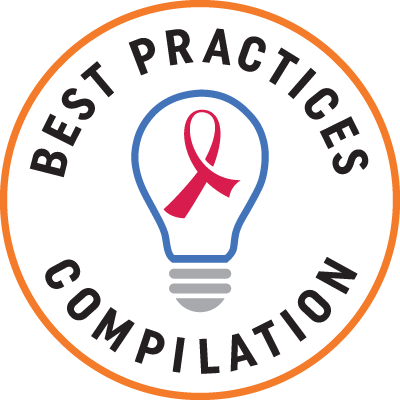Sexually Transmitted Infections
On
Sexually transmitted infections (STIs) are known to increase the risk of HIV transmission from a non-virally suppressed person. STIs are also associated with co-morbidities and mortalities. Technical services focus on enhancing regular screening, treatment, and prevention of STIs among people with HIV.
Website
- AETC National Coordinating Resource Center (NCRC)
- National Clinician Consultation Center
- Centers for Disease Control and Prevention (CDC)
Best Practices
- Best Practices Compilation
- Best Practices Compilation
Technical Assistance
Clinician consultation on HCV management, HIV management, perinatal HIV/AIDS, pre-exposure prophylaxis (PrEP), post-exposure prophylaxis, substance use. Project period: 2016-2025.
- The NHC provides ongoing, up-to-date information needed to meet the core competency knowledge for HIV prevention, screening, diagnosis, and ongoing treatment and care to healthcare providers in the United States. Project period: 2020-2022.
- The AETC Program offers clinician education and tailored capacity-building assistance. Project period: 2019-2024.
 Initiative documenting best practice strategies and interventions that have been shown to improve HIV outcomes in a "real world" setting and can be replicated by other programs. Project period: 2021-2024.
Initiative documenting best practice strategies and interventions that have been shown to improve HIV outcomes in a "real world" setting and can be replicated by other programs. Project period: 2021-2024.